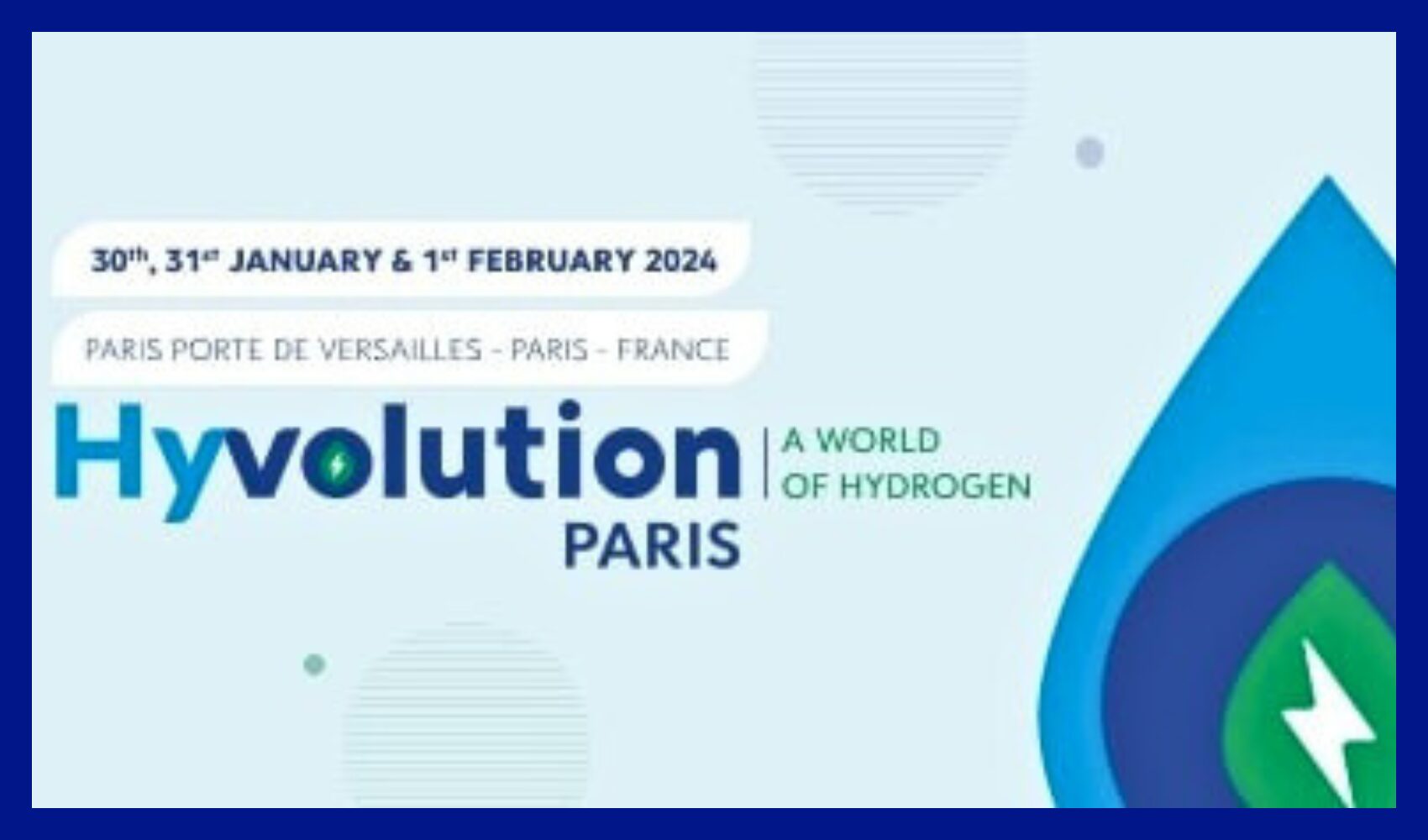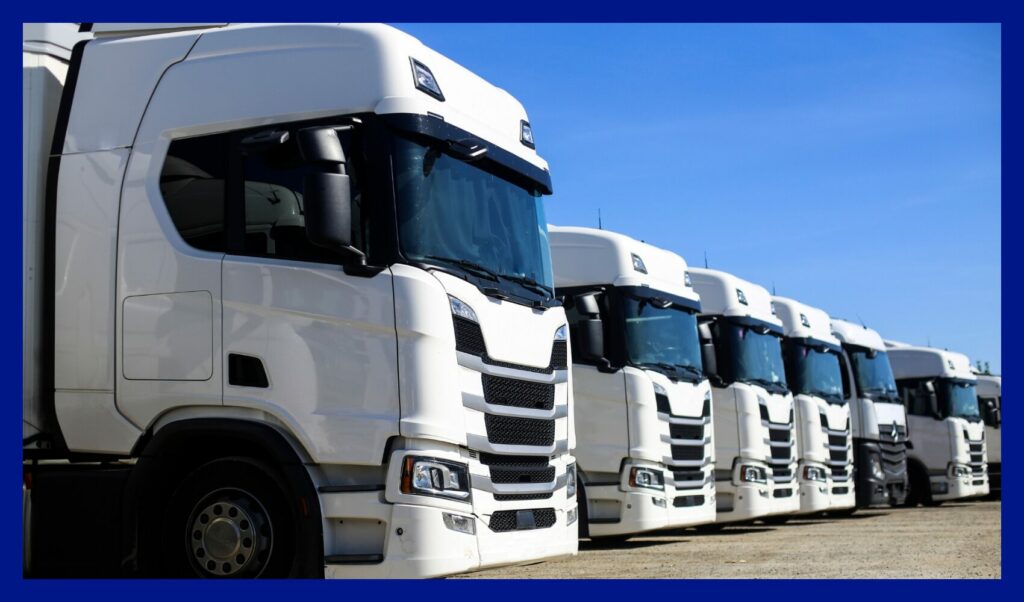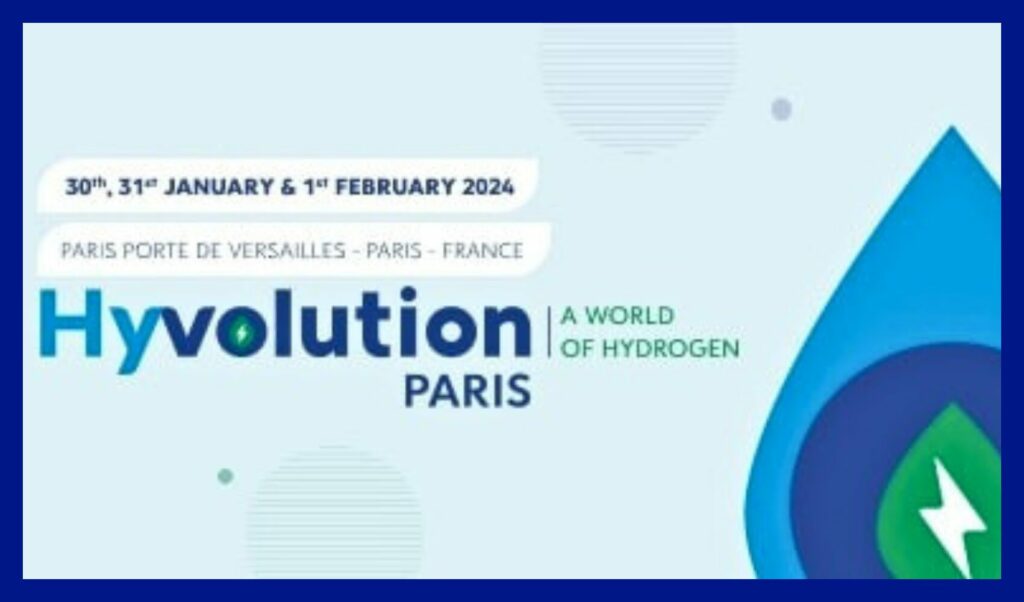- Our Companies
OUR COMPANIES
Our companies leverage their expertise and synergy to support our customers in their energy transition by delivering clean, smart solutions.
➔ Mobility & Engines
- Our expertise
- Our Innovation Strategy
Our Innovation Strategy
Jacques and Marie-Paule Fétis have always been interested in mobility, and formed Secodi in 1978 to sell internal combustion engines.
➔ RENEWABLE ENERGY SOURCES
THE FETIS GROUP works on improving the carbon footprint of our customers in mobility and industry through the use of innovative technologies such as hybridization, electrification and hydrogen solutions.
➔ CSR
As an independent, international family-owned business with a long-term focus, we realized that we had a leading role to play.
- About Us
ABOUT US
Fétis Group believes in the development of cleaner, greener and environmentally friendly machines.
It’s in our DNA. We meet the challenges of the energy transition through sustainable and innovative solutions for mobility (off-road, on-road and marine), industry and renewable energy sources.
➔ OUR HISTORY
Jacques and Marie-Paule Fétis have always been interested in mobility, and formed Secodi in 1978 to sell internal combustion engines.

➔ OUR GOVERNANCE
Fétis is governed by our Board, which defines the strategic, economic, financial and technological policies of our Group companies.
Our governance is based on values of entrepreneurship, engagement and integrity.
- News
- Contact Us
➔ CAREERS
When you join The FETIS Group, you become part of an international family business where each employee can advance in a diverse and stimulating environment.
You’ll be able to develop your potential and achieve your career ambitions, working with optimistic, open-minded people who are excited about the work we do and determined to succeed.
Hydrogen Powers Progress for FÉTIS Group

Published on Jan. 29, 2024
At the Hyvolution Exhibition in Paris on January 30th 2024, FÉTIS Group will be showcasing three successful hydrogen projects from the last year.
As hydrogen power is gaining traction, FÉTIS Group is committed to providing the largest solutions to help businesses decarbonize their operations for off-road mobility, marine and energy.
The group operates in industries that are often challenging to decarbonise such as agriculture, construction, power generation and professional marine. In many applications in these industries, battery electric systems will not be viable, due to equipment operation in remote locations with poor electricity grid infrastructure.
The first of our highlighted projects is from our off-road engineering integration company, Dintec Solutions, who worked with Exxact Robotics on a hybrid hydrogen powertrain for an autonomous vineyard robot. The system comprises a fuel cell and its supporting systems, controls, software, electric power distribution and drives.
Secondly, our marine integration team at Seco Marine designed a hydrogen system for an innovative hydrogen yacht. For marine, hydrogen has the advantage of not only a low carbon solution, but also a reduced noise, vibration and odour compared to conventional diesel propulsion. Seco Marine can provide complete low carbon marine power systems up to 6 Megawatts and are seeking further projects with boat builders and re-fitters for low carbon systems for professional marine vessels for coastal, estuary and river operation.
Thirdly, the power generation division of our group, Geniwatt, is operating a 150kVA hydrogen generator set, based on a 7 litre, 6 cyclind internal combustion engine. This is suitable for longer continuous operating hours than equivalent fuel cell generators, which makes it suitable for many places that require clean, quiet power for extended periods. As the engine is hybridised with a battery storage system the fuel efficiency is excellent in real world situations. The hybrid design also provides a boost power capability that makes the generator suitable for handling peak power demands such as experienced when starting large electric motors. The technology chosen can also handle lower quality hydrogen than is possible with a fuel cell system. Initially we see the demand for hydrogen gensets from large construction companies, events organisers and for applications within the hydrogen ecosystem such as site power and gas compression.
Contact press :
Béatrice Nguyen-Calloch, Corporate Marketing & Communications Manager
+33 6 99 62 60 28 – bnguyen@fetis.group



